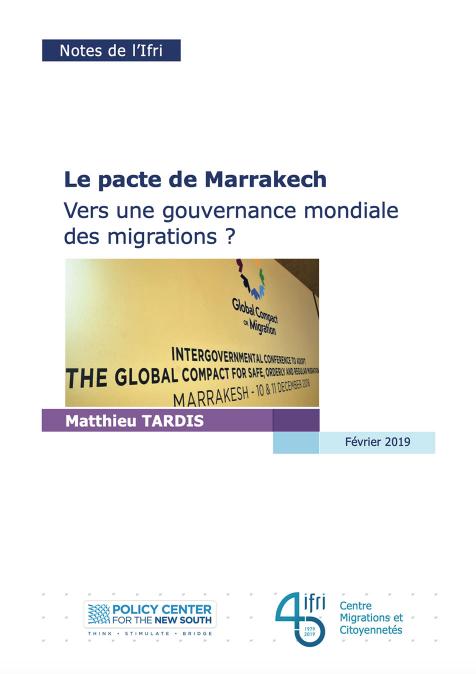Post-conflict governance in the MENA region remains a complex challenge, shaped by historical legacies, institutional weaknesses, and external interventions. Libya exemplifies the pitfalls of prioritizing elections over state-building, leading to fragmented authority and prolonged instability. Security sector reform remains a critical yet unresolved issue, hindered by the entrenchment of militias and competing political factions. The Berlin process attempted a multi-track approach, but international coordination remains a challenge. The absence of a national dialogue further exacerbates divisions, with unresolved debates on governance structures and resource distribution. In Syria, post-war reconstruction faces additional hurdles, including the reintegration of refugees, the role of external actors, and the economic transition away from a war economy. Lessons from Iraq and Afghanistan highlight the dangers of dismantling state institutions without clear alternatives. Addressing these challenges requires a holistic approach, balancing political, economic, and security dimensions while fostering inclusive governance models.











